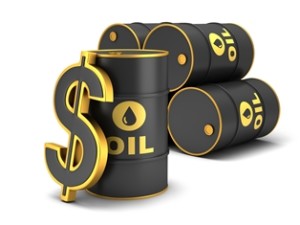
Oil prices rose on Wednesday as strong global refining margins and the reopening of U.S. Gulf Coast refineries provided a more bullish outlook after sharp drops due to Storm Harvey.
Brent had gained 28 cents to $53.66 a barrel by 0952 GMT. U.S. West Texas Intermediate (WTI) crude futures were up 15 cents at $48.81.
“Hurricane Harvey was bearish for crude and speculators went massively short WTI but now there is a reversal to positions pre-Harvey. Strong margins are helping underpin crude … gasoil is at its highest point this year,” Olivier Jakob of Petromatrix consultancy said.
Many refineries, pipelines and ports that were knocked out by Harvey 10 days ago are restarting. As of Tuesday, about 3.8 million barrels per day (bpd) of refining capacity, or 20 percent of the U.S. total, was shut. This compares with 4.2 million bpd at the height of the storm.
Focus was also being drawn to the Category 5 storm Hurricane Irma, which is barrelling towards the Caribbean and Florida and could knock out other refineries and cause more fuel shortages.
Around 250,000 barrels of daily refining capacity in the Dominican Republic and Cuba lies in the immediate path of Irma, Thomson Reuters Eikon data showed.
It Kills Us that we cannot save our Son’MIlaap
Fuel storage data due on Wednesday from the American Petroleum Institute and on Thursday from the Energy Information Administration is expected to give a better view of the extent of Harvey’s impact on U.S. fuel inventories, although analysts say it will take a few weeks longer to get a complete picture.
There is also another tropical storm on Irma’s heels in the Atlantic, and another one active in the Gulf of Mexico.
Longer-term, the oil industry outlook is for ample supplies and low prices as crude output remains high in the three biggest producing regions: Russia, the Middle East and North America.
Russian Energy Minister Alexander Novak said on Wednesday he expects the 2018 price of Brent to be $45 to $55 per barrel.
Analysts said oil companies had adjusted to lower prices by cutting costs and thanks to improved refinery margins.
“The oil majors are looking more comfortable at lower oil prices, posting strong quarterly results in Q2 despite weaker upstream revenue,” BMI Research said in a note.